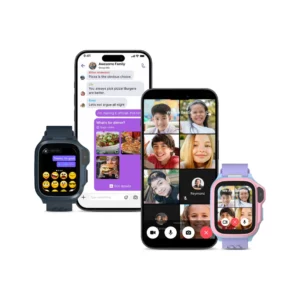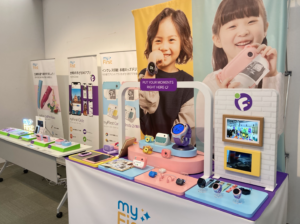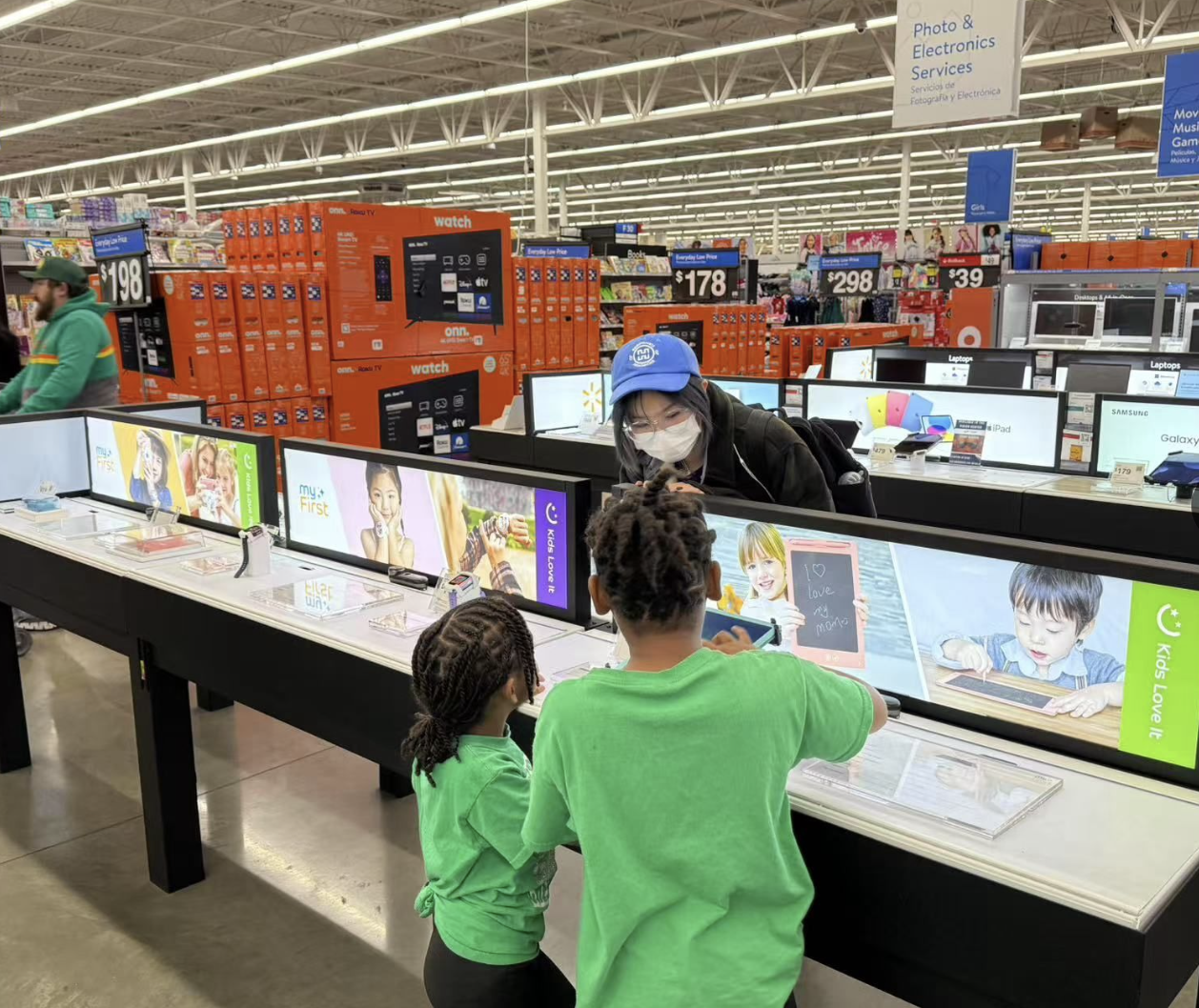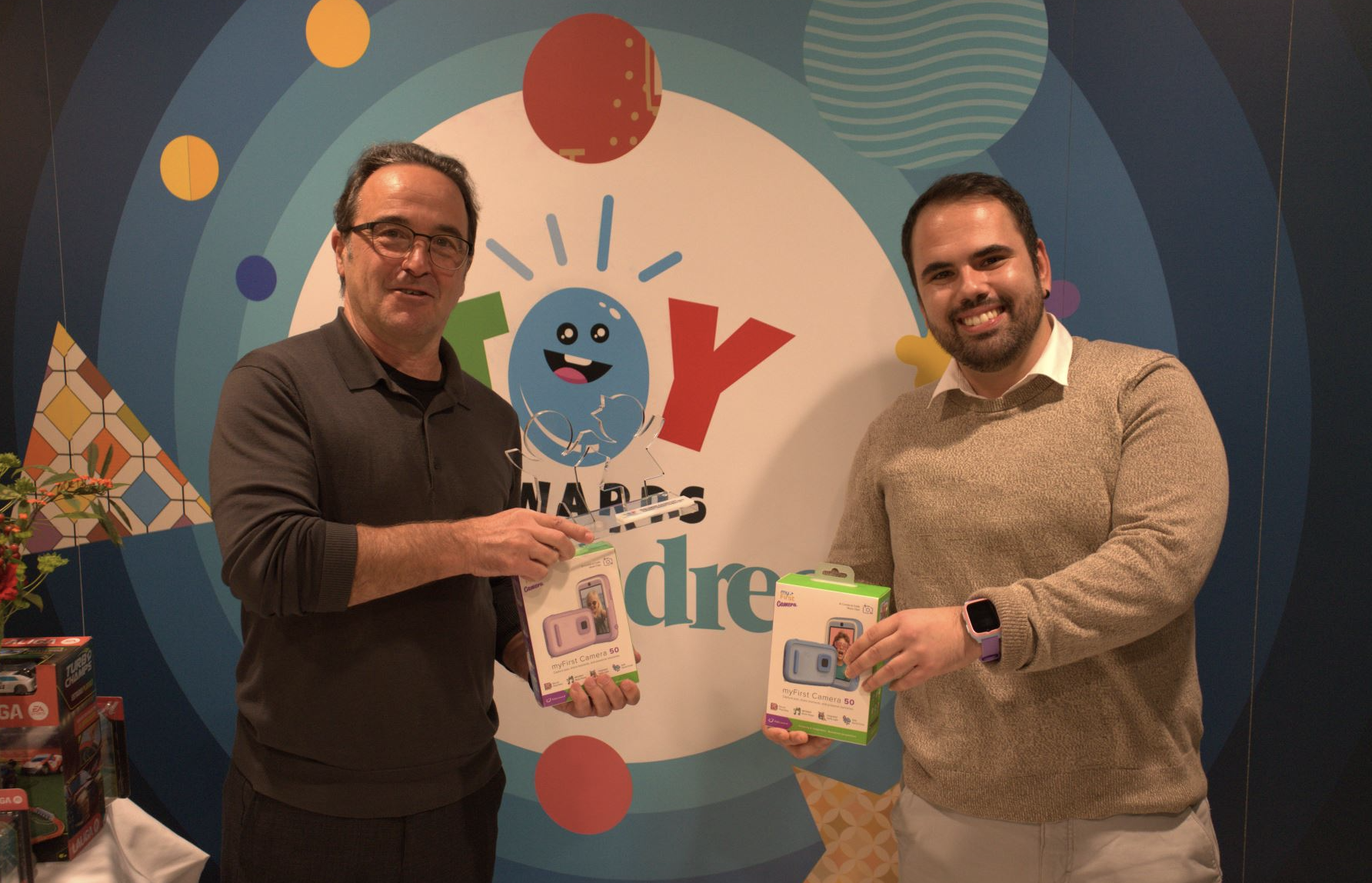How to Deal with Inquisitive Minds: A Guide to Handling Curious Kids
Being a parent is a rewarding and challenging journey, especially when you have curious little minds constantly looking for answers. Kids have a natural curiosity that drives their desire to learn and explore the world around them.
While their inquisitiveness is a positive trait, it can sometimes leave parents feeling overwhelmed and unsure of how to respond effectively. In this blog post, we’ll provide practical tips and strategies to help parents navigate their child’s endless stream of questions and foster a love for learning.

Unlocking the Power of Curiosity: 7 Steps to Foster and Support Inquisitive Minds in Children
Encourage an Open Environment:
Create a safe and welcoming space for your kid to ask questions freely. Let them know that their curiosity is valued and that there are no “silly” questions. This method will build their confidence and encourage further exploration.
Embrace the Role of a Guide:
As a parent, you don’t always need to have all the answers. Instead, embrace the role of a guide by helping your kid find the information they look for. Encourage them to research, read books together, or explore reliable online resources. This not only fosters independent learning but also strengthens your bond with your kid.
Active Listening:
When your kid floods you with questions, practice active listening. Give them your undivided attention, maintain eye contact, and show genuine interest in their inquiries. This not only validates their curiosity but also helps you understand their thought processes better.
Set Aside Dedicated "Question Time":
Allocate specific times during the day or week for focused question-and-answer sessions. Designate this time as a special opportunity for your kid to ask as many questions as they like. This way, they’ll feel heard, and you can provide thoughtful responses without feeling overwhelmed throughout the day.
Teach Critical Thinking:
Encourage your kid to think critically by asking follow-up questions that stimulate their problem-solving skills. This will help them study situations and arrive at their conclusions. Additionally, guide them in evaluating the credibility of information they encounter, teaching them to be discerning thinkers.
Explore Hands-On Learning:
Engage your kid in hands-on activities that allow them to experience and explore answers firsthand. Science experiments, arts and crafts projects, and nature walks are excellent ways to foster their curiosity while making learning enjoyable and memorable.
Be Honest and Curious Together:
If you don’t know the answer to a question, admit it. Use this opportunity to show the value of curiosity by exploring the answer together. Research, consult experts, or visit the library together. This teaches your kid that it’s okay not to have all the answers and that learning is a lifelong journey.
Raising a curious kid is an incredible privilege. By embracing their curiosity and nurturing their thirst for knowledge, parents can create a foundation for lifelong learning.
Remember to create an open environment, be an active listener, guide their curiosity, and explore together. With these strategies, you will not only support your kid’s intellectual growth but also strengthen the parent-child bond along the way. Enjoy the adventure of nurturing young minds and watching them flourish!

Top Educational Technologies Making a Difference for Kids
When designed right, technology can be one of the best tools to help children learn, grow, and stay connected. At myFirst, we focus on creating

How Tech Can Be a Powerful Tool for Kids’ Growth
As a brand born in Singapore, we’ve always believed that technology — when used right — can do amazing things for children’s growth. We know

Celebrating the Launch of Our Latest myFirst Innovations in Japan!
We are thrilled to announce the successful launch event for three of our latest innovations in Japan – the myFirst Fone S4, myFirst Camera 50,






